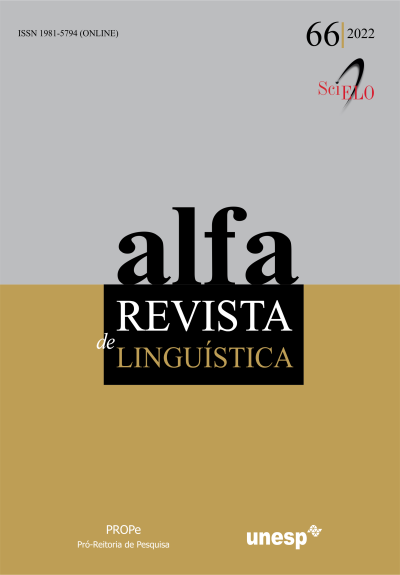Wilhelm von Humboldt
parallels with the Bakhtin Circle and contribution to the question of linguistic diversity
DOI:
https://doi.org/10.1590/1981-5794-e14950Keywords:
Wilhelm von Humboldt, Bakhtin Circle, dialogism, worldviews, linguistic diversityAbstract
Wilhelm von Humboldt was an important theorist in the formation of European and Russian linguistics. His thinking largely influenced the St. Petersburg School, the headquarters of the Bakhtin Circle. No wonder, Mikhail Bakhtin and Valentin Voloshinov central concepts dialogue with the thinking of the German theorist. In this article, we show this relationship through the parallel between the Humboldtian concepts ‘worldviews’ and ‘dualism’,on the one hand, and those applied by Bakhtin and Voloshinov – ‘behavioral ideology’ and ‘dialogism’, on the other. Our aim is to facilitate the reception of Humboldt’s ideas by the Brazilian public, already familiar with the Bakhtin Circle. After the theoretical presentation, we will quote the content of two conversations on the preservation of linguistic diversity to demonstrate that Humboldt’s conception of it as an intellectual wealth is presented in the speeches of both Russian and Brazilian specialists in the fields of Linguistics, Education and Sciences. We intend, with the article, to highlight the importance for Brazil receiving and deeper understanding Humboldt’s ideas.
Downloads
Downloads
Published
How to Cite
Issue
Section
License
Copyright (c) 2022 ALFA: Revista de Linguística

This work is licensed under a Creative Commons Attribution 4.0 International License.
Manuscripts accepted for publication and published are property of Alfa: Revista de Linguística. It is forbidden the full or partial submission of the manuscript to any other journal. Authors are solely responsible for the article's content. Translation into another language without written permission from the Editor advised by the Editorial Board is prohibited.

